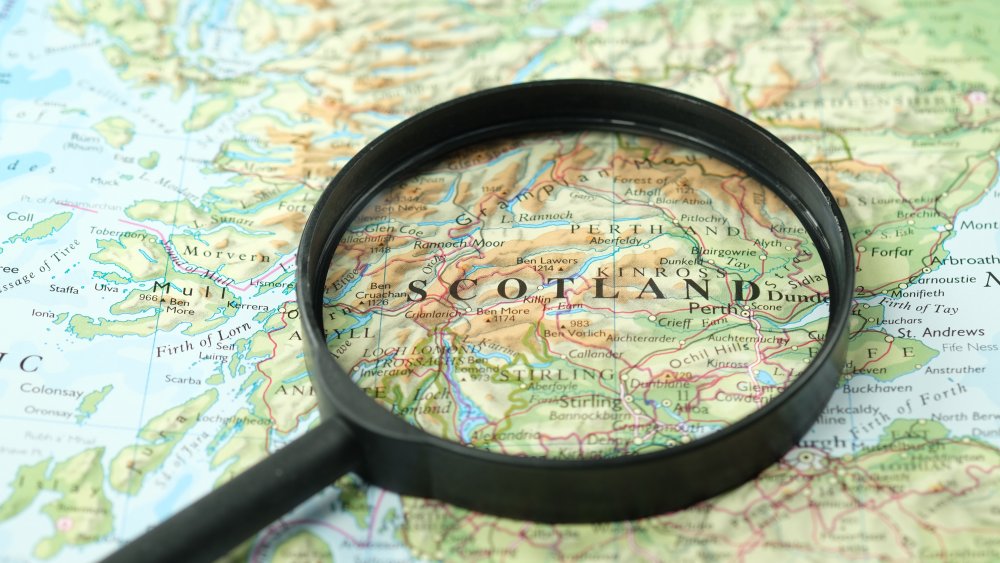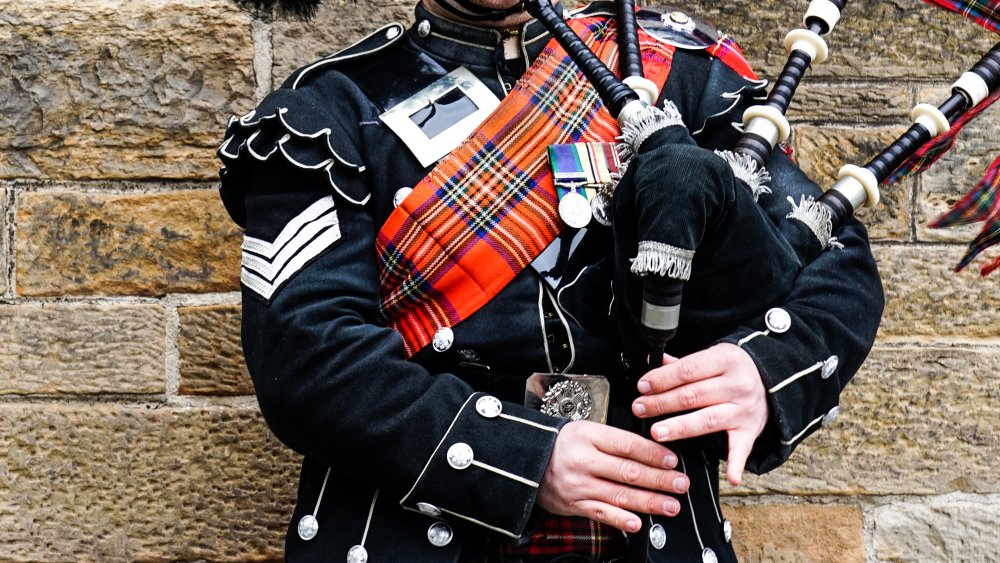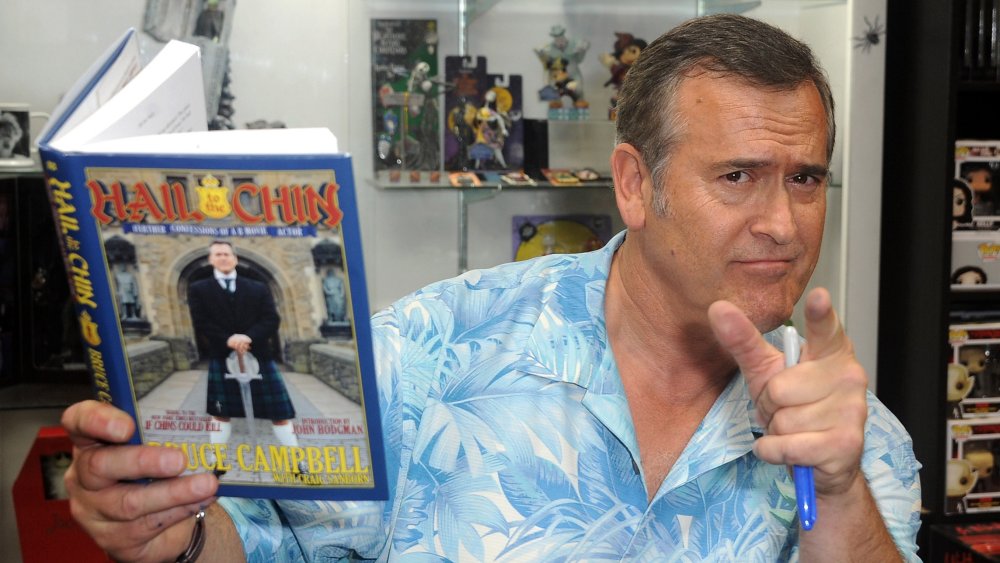This Was The Most Feared Scottish Clan In History
Braveheart is a ripping good yarn but bollocks for history. Maybe you like Uncle Scrooge McDuck in DuckTales (and who doesn't?), or Scotty is your favorite on Star Trek, or Sylvester McCoy was your favorite Doctor (until the Doctor Who reboot, anyway). Good Scottish roots, all of it. And Scotland means Loch Ness, and Loch Lomond (where we'll be afore ye), and tartans, and whisky (whiskey is Irish, says Encyclopedia Britannica; see the difference?) and clans. More clans than you can shake a caber at (or toss, more appropriately).
Visit Scotland tells us that there are more than 500 clans around the world. What exactly makes up a clan? The Scotland.org site defines a clan as "a group of people united by a common surname." They might actually share blood ties, but they will at least share fealty to a particular chieftain, usually within a specific geographic area within the highlands. The word "clan" itself is believed to derive from a Gaelic word meaning "family" or "children."
Clan membership has more to do with allegiance than bloodline
The origins of the clan system are a little murky, probably a combination of influences from the Celtic, Norse, or Norman-French lines, but by the 13th Century the clan system was firmly established, serving as the main political system for a good 500 years. Clans are still legally recognized entities today, and while not all clans have a tartan, all of them have a recognized Seal of Arms which can only be used (legally, anyway) by the clan chief.
Land, and power, and honor, and this and that and the other thing are bound to be areas of conflict, and clan history includes battles and feuds in abundance. Edinburgh's The Scotsman reminds us that although "the clan system offered kinship and security on one level, beheadings and mass graves were also part of the clan story." No question but the Scots are a passionate and loyal people who will stand up for themselves against anyone. Including each other. Allegiances shift, unite, fragment, and start over again, within a matter of years or decades. So who gets to blow their own horn (er, bagpipes) over most fearsome?
For instance, Bruce Campbell
The Scotsman quotes Sir Malcolm MacGregor of MacGregor, convener of the Standing Council of Scottish Chiefs. Depending which part of history you're examining, there are a number of contenders for "worst," but for Sir Malcolm's money, it's Clan Campbell of Breadalbane. They were a large and powerful group, with enormous landholdings — "coast-to-coast" and determined to hold onto those, well, holdings, especially against the MacGregors. (So yes, Sir Malcolm might be a little biased.) "There was a lot of beheading and lynching going on," he said. The Tyee out of British Columbia calls the Campbells "the black sheep clan of the Scottish Highlands." There were atrocities. It was a long time ago.
The whole clan system was crushed by the troops of England's King George II at the Battle of Culloden in 1746. At that point, all land ownership, the basis of a chieftain's authority, reverted to the Crown.
Still, can you ever look at a can of Campbell's Soup the same way again?


